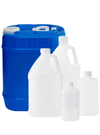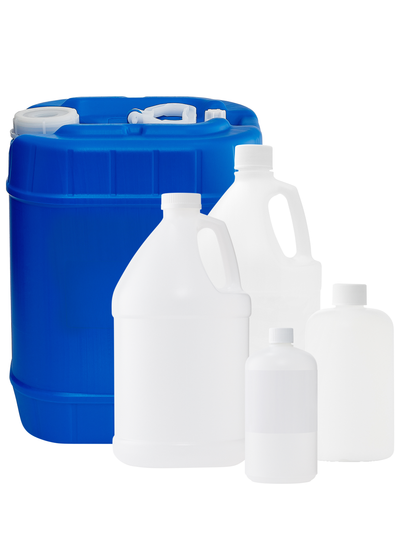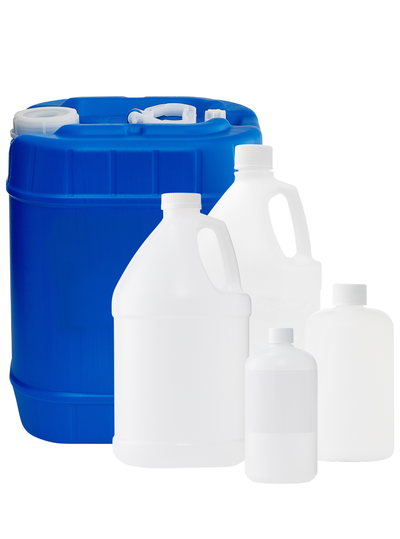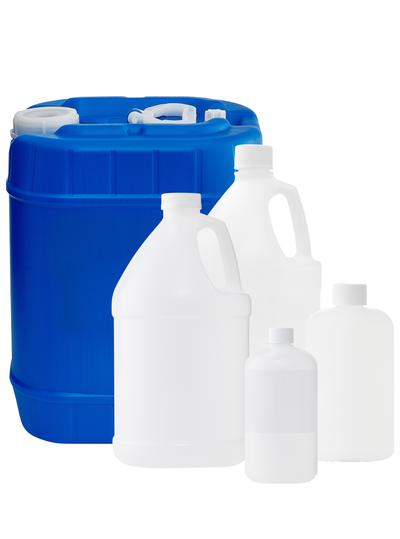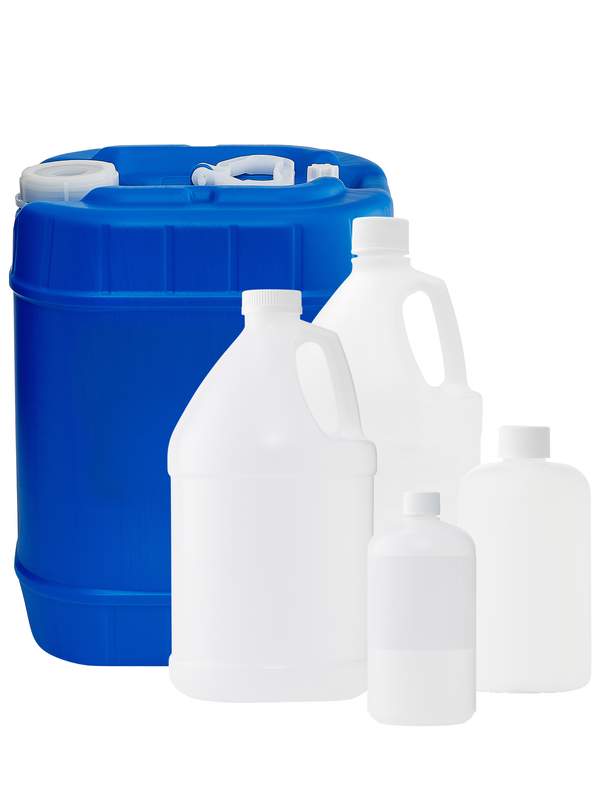
Business Support
Sodium Fluoride Powder ACS Grade
For questions regarding lead time, please contact a member of our Customer Care Team at customercare@laballey.com
Business Support
Description
About Sodium Fluoride Powder ACS Grade
Sodium Fluoride, also known as Chemifluor, Floridine, and Sodium monofluoride, has the chemical formula NaF. It appears as colorless to white crystals or crystalline powder with no odor and salty taste. It is sparingly soluble in Water but insoluble in Alcohol at ambient conditions. When heated to decomposition, it emits toxic fumes Hydrogen Fluoride and Disodium Oxide. On a lab scale, it is often prepared by reaction of Hydrofluoric Acid with Soda Ash or Caustic Soda. Lab Alley's Sodium Fluoride, ACS Grade fully complies with the American Chemical Society's (ACS) requirements due to its high purity. The ACS grade is usually the same as the reagent grade, and it is ideal for analytical and research applications that require repeatable, consistent findings. Lab Alley is selling its premium quality products online at laballey.com in the United States of America (USA).
COMMON USES AND APPLICATIONS
- Fungicide
- Chemical precursor
INDUSTRIES
- Fluoridation of drinking water
- Pharmaceuticals
- Ingredient of toothpaste
- Dental industry
PRODUCT INFORMATION
Customer Reviews and Q&A
Safety and Shipping
Sodium Fluoride Powder ACS Shipping Information:
DOT: Sodium Fluoride, 6.1, UN1690, PG III
Please contact us to request a Safety Data Sheet (SDS) and Certificate of Analysis (COA) for Sodium Fluoride Powder ACS.
Business Support
Built for Business.
At Lab Alley, we simplify procurement with custom quotes, credit applications, tax exemptions, and fulfillment support, ensuring on-budget, on-time delivery - your success is our priority.
Apply for Credit
A Lab Alley credit account streamlines purchasing for your business. Our Customer Success Team is available to help you through every step of the process.
Request a Custom Quote
Get a fast, customized quote tailored to your specific needs. Our team ensures accurate pricing and availability to help streamline your purchasing process.

Additional Business Resources
Lab Alley provides access to essential certifications, documents, and other resources to support your business.
Certificates of Analysis

Create a Lab Alley Account

RECEIVE exclusive offers, promotions, and discounts on chemicals.

Always have the product you need, when you need it with our AUTOSHIP program.

